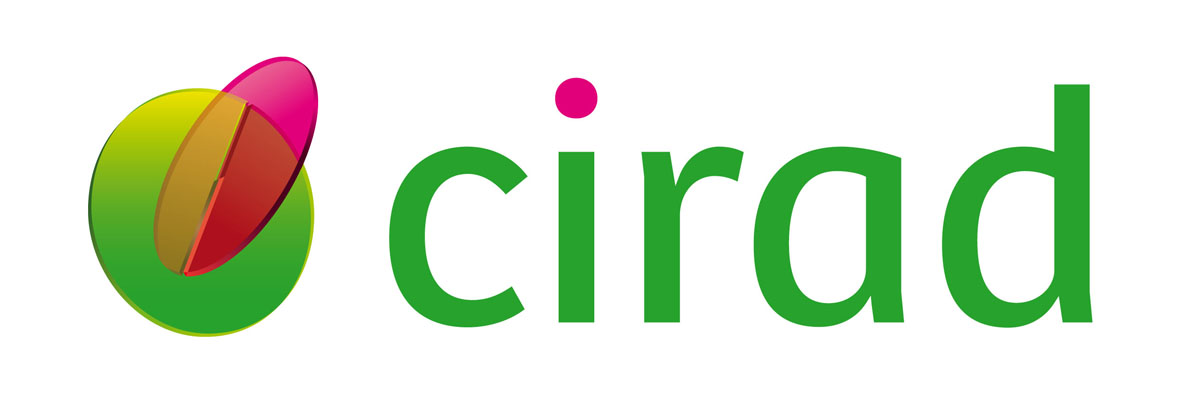Epidemiology, surveillance and risk analysis
From January to March 2015: Jordi Casal, epidemiologist (CRESA, Barcelona) came at CIRAD Guadeloupe to work during 2 months with the epidemiologist on the following topics:
1/ Analysis of ticks surveillance database (covering a 10 years period) in Martinique island. A descriptive analysis of the surveillance database beween 2005 and 2014 has been performed, in order to get an overvieuw of the Topical Bont Tick situation in Martinique and to determine possible risk factors and see trends and evolutions over the last decade. Main result is that the infestation overal remained stable. The mean time of herds infestation by TBT is 2.6 semesters. Tick control practice show an increase in the number of acaricides used in herds along the period of observation. A report has been prepared for the partners in Martinique.
2/ Finalize an exploratory study on risk factors of Tropical Bont Tick infestation on farms in Nevis: a logistic regression analysis was conducted on data of a case control study performed in Nevis. Through a univariate analysis 31 variables were retained (p<0.3), and seven enter in the analysis (the other were excluded due to collinearity or were more consequences than actual causes of infestation). The final model has two variables: presence of cattle in the farms and Vets help owners to take care of animals. A report of the analysis has been sent to the partners in Nevis for discussion.
3/ Update and revise the CaribVET Risk Assessment tool for Swine Diseases introduction (RiskSwine). The work consisted in upgrading an existing tool previously developed by the CENSA and the Epidemiology working group of CaribEVT. The more relevant aspects are the inclusion of the Porcine Epidemic Diarrhoea, an emerging disease in addition of Classical Swine Fever and Teschovirus encephalomyelitis. The review of the scores for the qualitative evaluation, and the modification of the spreadsheet to allow its use in three different languages hasbeen done. The tool now need to be evaluated and validate in two different Caribbean countries.
The work is being followed-up remotely since then. Objective is to validate the risk assessment tool and prepare articles for publication in an epidemiological surveillance bulletin to report on the studies dealing with tropical Bont tick in the Caribbean. The main results were presented in Martinique (Feb. 26, 2015) within the frame of CIRAD-DAAF Martinique smestrial meetings in order to define practical recommendations in terms of TBT surveillance and control in Martinique. The Work on the RiskSwine tool has been presented at the first CaribVET/Epigenesis events in April 2015 and to the 14th International Conference on Veterinary Epidemiology and Economics (ISVEE, Mexico, 3-7 november 2015).

